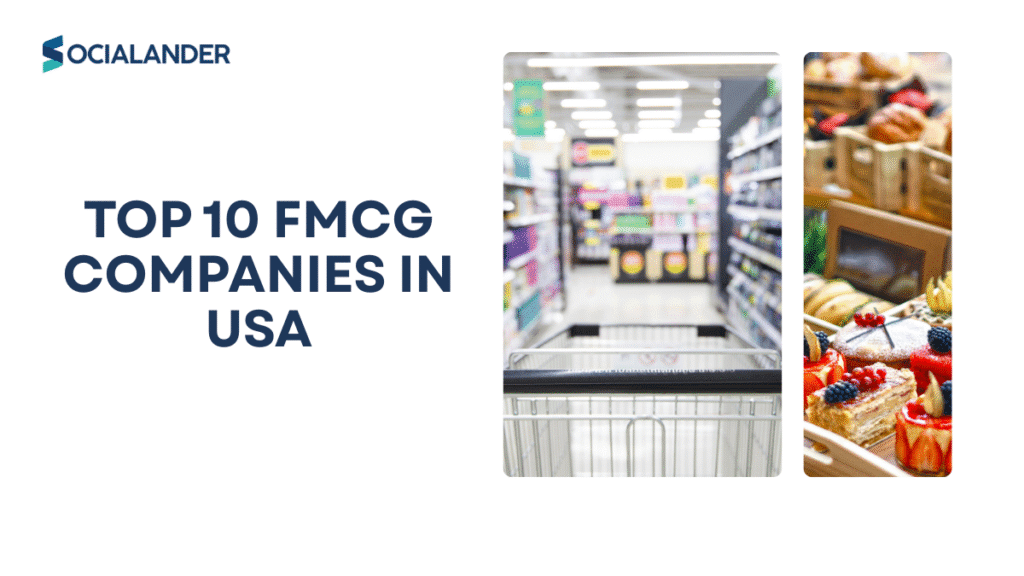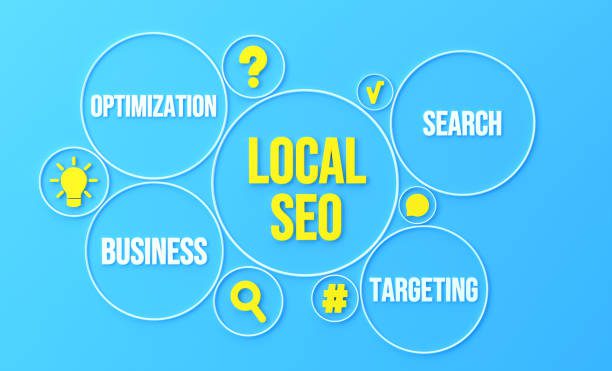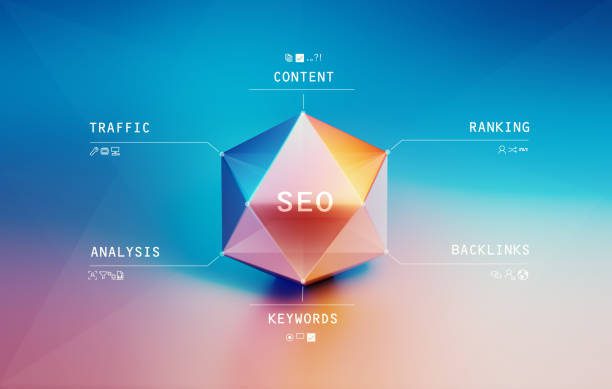
These American consumer goods powerhouses dominate global markets through diverse product portfolios spanning beverages, personal care, household products, and food categories.
We understand the Fast-Moving Consumer Goods (FMCG) industry represents one of America’s most critical economic sectors. Our research reveals that US-based FMCG companies consistently rank among the world’s largest consumer goods manufacturers, with several holding dominant market positions across multiple product categories. These companies have proven their resilience by navigating supply chain disruptions, inflation pressures, and shifting consumer preferences while maintaining growth trajectories and expanding their global footprint.
In 2021, the global FMCG market was valued at $11,490.9 billion and is projected to reach $18,939.4 billion by 2031, growing at a CAGR of 5.1% from 2022 to 2031.
This comprehensive analysis will reveal the revenue figures, market strategies, and competitive advantages that distinguish America’s FMCG leaders from their global competitors. We’ll examine each company’s key brands, recent performance metrics, and strategic initiatives that position them for continued success in an increasingly competitive marketplace.
Top 15 FMCG Companies in USA
The US consumer goods industry faced significant challenges in fiscal 2023, with manufacturers balancing cost-savings to stave off an expensive, inflationary market while investing in innovation to keep up with quickly shifting consumer trends. Despite these pressures, American FMCG companies demonstrated remarkable resilience and adaptability.
1. PepsiCo Inc.
Revenue: $91.471 billion (2023)
Headquarters: Purchase, New York
Founded: 1965
PepsiCo reported its first quarterly revenue drop in 14 quarters in Q4 2023, citing a sales slowdown due to higher prices on beverages and food mainly in the U.S. However, the company maintains its position as America’s largest FMCG company by revenue.
Key Brands:
- Pepsi-Cola, Mountain Dew, Gatorade
- Lay’s, Doritos, Cheetos
- Quaker Oats, Tropicana
Recent Initiatives:
- Sustainability focus with paperboard packaging replacing plastic rings
- Strategic investment in Instacart partnership
- Direct store delivery system enhancements
2. Procter & Gamble Co.
Revenue: $82.006 billion (2023)
Headquarters: Cincinnati, Ohio
Founded: 1837
Led by strong sales in personal, feminine, beauty, hair, skin, and personal care products, Procter & Gamble’s fiscal 2023 results exceeded expectations, leading to mid-single-digit sales growth. The company achieved growth across all 10 product categories.
Key Brands:
- Tide, Ariel, Dawn
- Gillette, Venus, Braun
- Pampers, Always, Tampax
- Head & Shoulders, Pantene, Olay
Strategic Focus:
- Supply Chain 3.0 initiatives with $1.5 billion savings target
- Integration of automation and digital capabilities
- Focus on superior product performance
3. Tyson Foods Inc.
Revenue: $52.881 billion (2023)
Headquarters: Springdale, Arkansas
Founded: 1935
Tyson opened a new $300 million fully-cooked food production location in Danville, Virginia, its most automated plant yet, and expanded its supply chain control tower capabilities. Despite revenue declining slightly by 0.75%, the company continues major automation investments.
Key Products:
- Fresh and frozen chicken, beef, pork
- Prepared foods and ready-to-eat products
- Jimmy Dean, Hillshire Farm, Ball Park brands
Innovation Focus:
- Nearly $600 million investment in automation and digitalization
- Pilot autonomous refrigerated trucks program
- Advanced supply chain control tower systems
4. The Coca-Cola Company
Revenue: $45.754 billion (2023)
Headquarters: Atlanta, Georgia
Founded: 1886
Posting modest growth in both revenue and income, Coca-Cola cited resilience, strategic pricing increases, and product mix in the face of global inflationary pressures and currency fluctuations to preserve margins and increase case sales by 2%.
Key Brands:
- Coca-Cola, Diet Coke, Coke Zero
- Sprite, Fanta, Minute Maid
- Dasani, Powerade, smartwater
Digital Innovation:
- AI-based marketing campaigns reaching 9 billion social media impressions
- OpenAI’s generative AI integration for consumer insights
- Enhanced digital B2B platforms
5. Mondelez International Inc.
Revenue: $36.0 billion (2023)
Headquarters: Chicago, Illinois
Founded: 2012 (spun off from Kraft Foods)
Mondelez focuses on snacking categories with global brands distributed across more than 150 countries worldwide.
Key Brands:
- Oreo, Chips Ahoy!, Nutter Butter
- Cadbury, Milka, Toblerone
- Trident, Halls, Sour Patch Kids
Market Strategy:
- Focus on high-growth snacking categories
- Expansion in emerging markets
- Digital marketing and e-commerce growth
6. General Mills Inc.
Revenue: $19.9 billion (2023)
Headquarters: Minneapolis, Minnesota
Founded: 1866
Key Brands:
- Cheerios, Lucky Charms, Cinnamon Toast Crunch
- Betty Crocker, Pillsbury, Gold Medal
- Häagen-Dazs, Yoplait, Nature Valley
Strategic Priorities:
- Focus on convenient, nutritious options
- Sustainable packaging initiatives
- Digital transformation in manufacturing
7. Kellogg Company
Revenue: $15.6 billion (2023)
Headquarters: Battle Creek, Michigan
Founded: 1906
Key Brands:
- Kellogg’s cereals, Pop-Tarts, Eggo
- Pringles, Cheez-Its, Rice Krispies
- MorningStar Farms, Special K
Innovation Focus:
- Plant-based product expansion
- Sustainable packaging solutions
- Global market expansion
8. Campbell Soup Company
Revenue: $9.4 billion (2023)
Headquarters: Camden, New Jersey
Founded: 1869
Key Brands:
- Campbell’s soups, V8 beverages
- Goldfish crackers, Pepperidge Farm
- Prego, Pace, Swanson
Transformation Strategy:
- Portfolio optimization focusing on growth categories
- Digital marketing and e-commerce expansion
- Supply chain modernization
9. Hormel Foods Corporation
Revenue: $12.5 billion (2023)
Headquarters: Austin, Minnesota
Founded: 1891
Key Brands:
- SPAM, Hormel, Applegate
- Skippy peanut butter, Dinty Moore
- Columbus Craft Meats, Wholly
Growth Strategy:
- Protein-focused product development
- International expansion
- Foodservice channel growth
10. McCormick & Company
Revenue: $6.8 billion (2023)
Headquarters: Hunt Valley, Maryland
Founded: 1889
Key Products:
- Spices, seasonings, flavorings
- Recipe mixes, marinades
- Food colorings and extracts
Market Position:
- Global leader in spices and seasonings
- Strong presence in both consumer and industrial segments
- Continuous innovation in flavor profiles
11. Conagra Brands Inc.
Revenue: $12.0 billion (2023)
Headquarters: Chicago, Illinois
Founded: 1919
Key Brands:
- Hunt’s, Healthy Choice, Marie Callender’s
- Orville Redenbacher’s, Slim Jim
- Birds Eye, Duncan Hines, PAM
Strategic Focus:
- Modern food solutions for busy consumers
- Health and wellness product lines
- Frozen food category leadership
12. J.M. Smucker Company
Revenue: $8.5 billion (2023)
Headquarters: Orrville, Ohio
Founded: 1897
Key Brands:
- Smucker’s jams and jellies, Jif peanut butter
- Folgers coffee, Dunkin’ coffee
- Milk-Bone, Meow Mix, Natural Balance
Market Strategy:
- Focus on leading brands in key categories
- Pet food and coffee growth initiatives
- E-commerce platform development
13. Kraft Heinz Company
Revenue: $26.0 billion (2023)
Headquarters: Pittsburgh, Pennsylvania and Chicago, Illinois
Founded: 2015 (merger)
Key Brands:
- Kraft Mac & Cheese, Heinz Ketchup
- Oscar Mayer, Philadelphia Cream Cheese
- Planters, Ore-Ida, Capri Sun
Transformation Initiatives:
- Product innovation and renovation
- Cost optimization programs
- Digital marketing acceleration
14. Hershey Company
Revenue: $10.4 billion (2023)
Headquarters: Hershey, Pennsylvania
Founded: 1894
Key Brands:
- Hershey’s chocolate, Reese’s
- Kit Kat (US rights), Kisses
- Ice Breakers, Jolly Rancher
Growth Drivers:
- Premium chocolate segment expansion
- International market development
- Seasonal and limited edition innovations
15. Church & Dwight Co. Inc.
Revenue: $5.9 billion (2023)
Headquarters: Ewing Township, New Jersey
Founded: 1846
Key Brands:
- Arm & Hammer baking soda and detergents
- Trojan condoms, OxiClean
- First Response pregnancy tests, Nair
Competitive Advantages:
- Strong presence in household and personal care
- Value-oriented product positioning
- Consistent organic growth strategy
Conclusion and Key Takeaways
The top 15 FMCG companies in the USA represent a combined market value exceeding $600 billion, demonstrating the sector’s critical importance to the American economy. The top players have succeeded by building strong brands, investing in distribution, and responding to consumer needs. Just as we observed in Nigeria and Ghana’s FMCG industry, these industry leaders have shown remarkable resilience in navigating recent challenges while positioning themselves for future growth through strategic investments in technology, sustainability, and consumer-centric innovation.
The FMCG landscape in America continues evolving rapidly, with successful companies demonstrating agility in adapting to market changes while maintaining operational excellence. Our analysis shows that companies investing in technology, sustainability, and consumer insights are best positioned to thrive in this dynamic environment.
FAQ
Q: What makes a company an FMCG company? A: FMCG (Fast-Moving Consumer Goods) companies produce products that are sold quickly at relatively low cost, have high demand, and are consumed regularly by consumers. These include food and beverages, personal care items, household products, and over-the-counter medications.
Q: Why do American FMCG companies dominate global markets? A: US FMCG companies benefit from large domestic markets, advanced distribution networks, strong brand recognition, significant R&D investments, and sophisticated marketing capabilities that enable successful international expansion.
Q: How has the COVID-19 pandemic affected FMCG companies? A: The pandemic initially boosted demand for essential consumer goods but later created supply chain disruptions, increased commodity costs, and shifted consumer preferences toward value-oriented purchases and online shopping.
Q: What role does sustainability play in the FMCG industry? A: Sustainability has become crucial for FMCG companies, influencing packaging decisions, manufacturing processes, supply chain choices, and product development. Companies are increasingly investing in eco-friendly initiatives to meet consumer and regulatory demands.
Q: How important is digital transformation for FMCG companies? A: Digital transformation is essential for modern FMCG companies, enabling better consumer insights, operational efficiency, supply chain optimization, and direct-to-consumer sales channels. Companies investing in AI, automation, and e-commerce platforms show stronger competitive positions.





